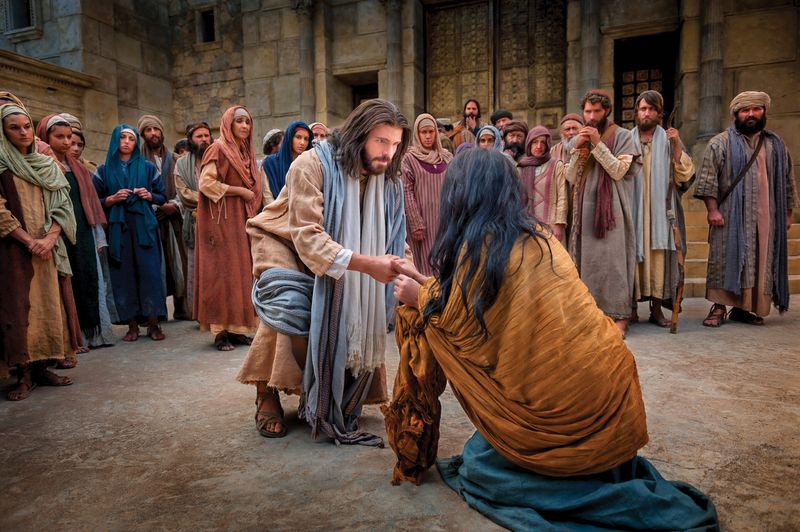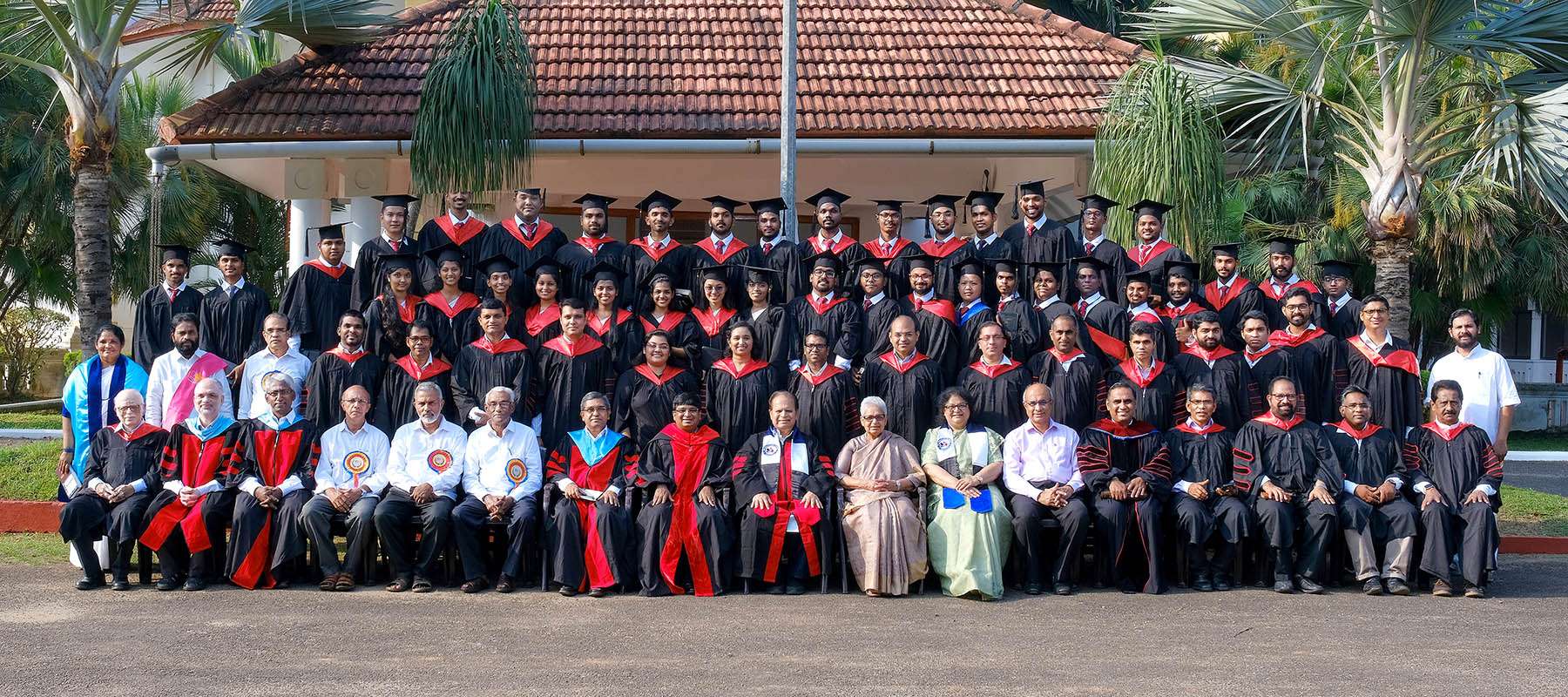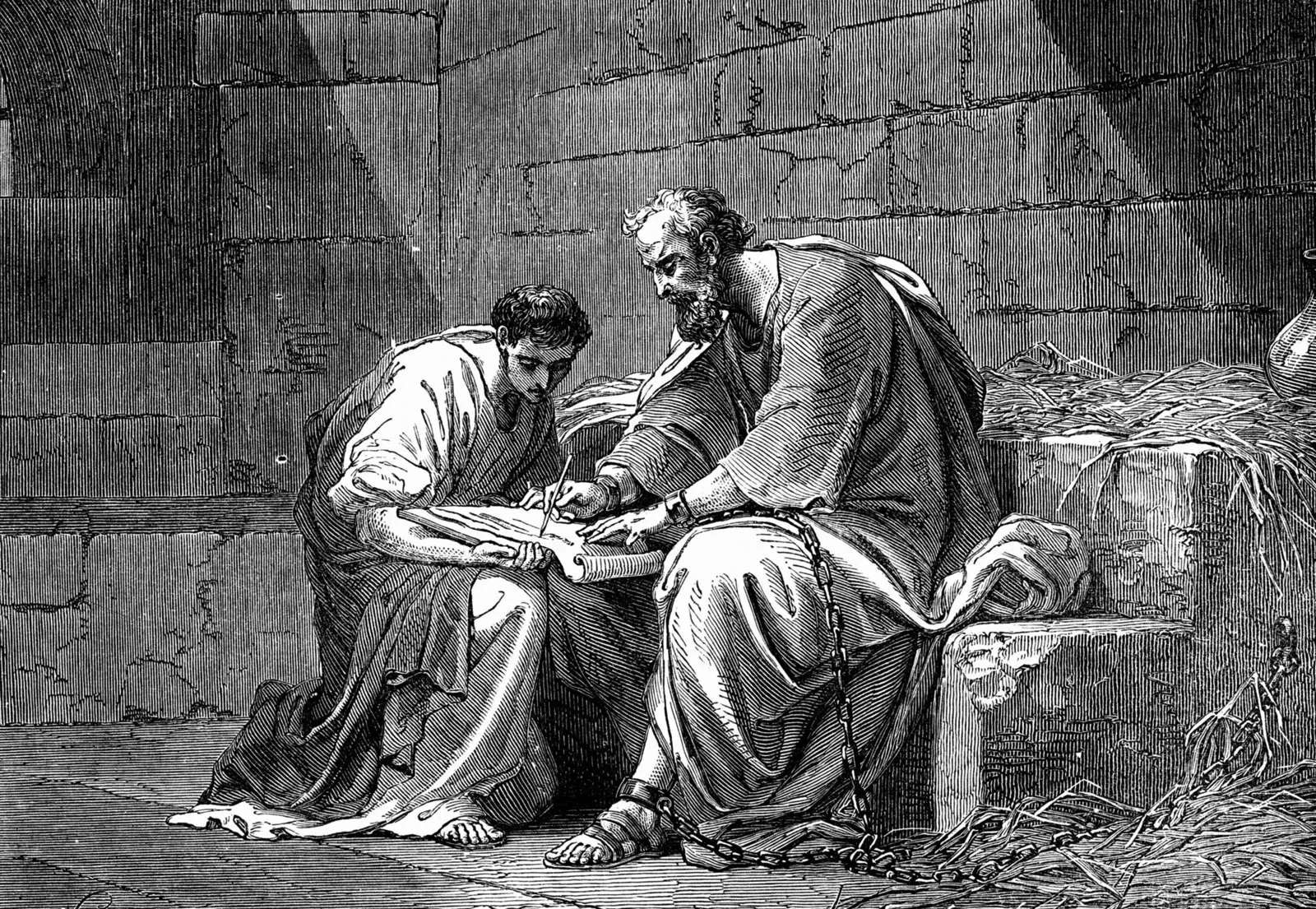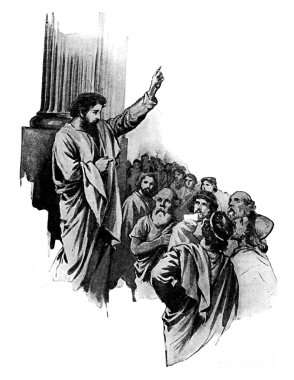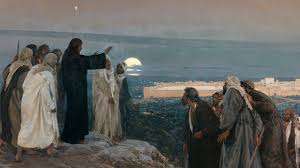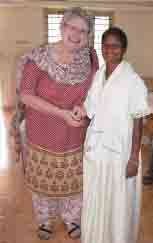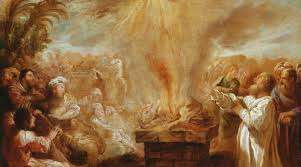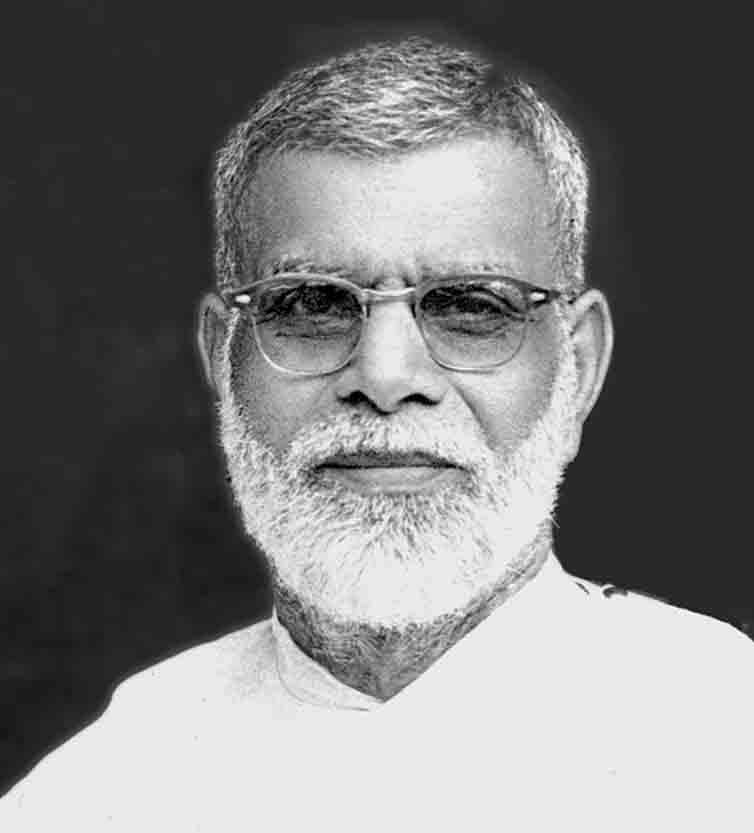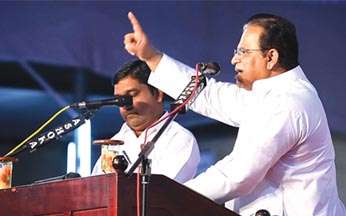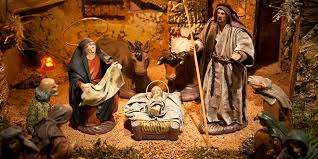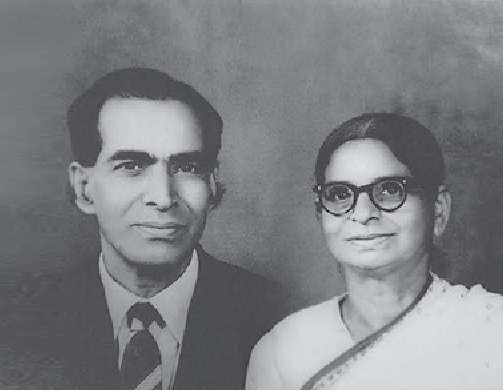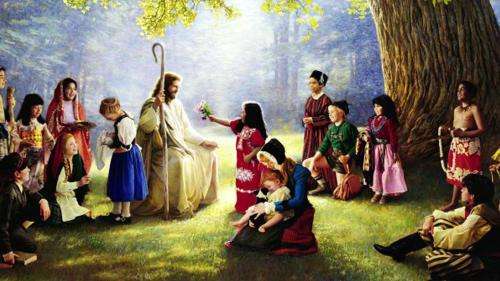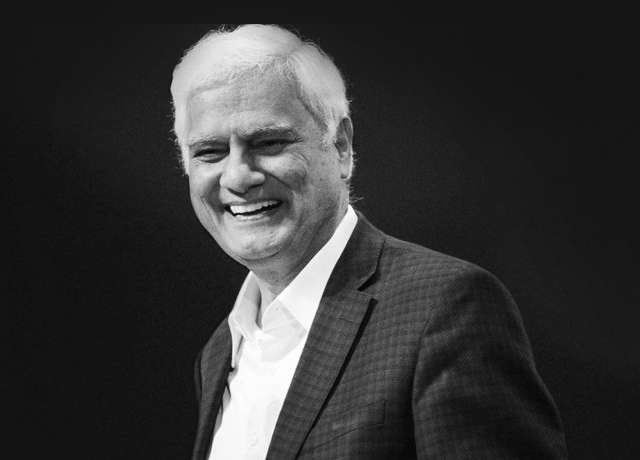
Multiply: Do It Jesus' Way
Dr. Valson Abraham
About 812 years ago, a famous Italian mathematician Leonardo Fibonacci, introduced the Arabic numerical system to the West. One day, he was asked to solve an unusual problem: If you confine a pair of rabbits, how many pairs of rabbits will they produce in one year, if each pair produces a new pair after it has been alive for one month?
Fibonacci calculated that after one year, the original pair would become 233 pairs of rabbits, or 466 rabbits. In two years, there would be 150,000 rabbits. In 2½ years, there would be 2.5 million rabbits.
When Jesus left His disciples, He told them, “Go and make disciples.” In other words, “Multiply. Reproduce.” He expected those twelve men to reproduce disciples even as He produced them. Surprisingly, they did. By the end of the first century AD, that tiny band of twelve disciples had multiplied and spread over most of the then-known world. In short, the early church multiplied like rabbits.
Reproduction…multiplication…making disciples. That, in summary, is the Great Commission.
That was more than 1,900 years ago. At the rate the church was multiplying in that first century, the Great Commission should have been fulfilled centuries ago. But hundreds of millions, even billions, of people have yet to hear the gospel for the first time. What happened?
In short, the church forgot how to “make disciples.” It forgot how to multiply and reproduce in the way Jesus intended. It has substituted many evangelistic programs and methods, but nowhere near the results experienced in the first century.
Was the explosive, rabbit-like growth of the early church intended only for that time? No. The apostle Paul laid out a simple blueprint for multiplication and reproduction for all times when he wrote to Timothy, “The things which you have heard from me in the presence of many witnesses, entrust these to faithful men who will be able to teach others also” (2 Timothy 2:2).
You can change the world. With God’s plan, there are a few prerequisites. It won’t happen unless you develop some characteristics or qualities. Paul gives 3 illustrations to make this plan happen. In 2 Tim 2:3, Paul says you need to “endure hardship as a good soldier of Christ Jesus. He says, join with me in suffering like a good soldier in Christ Jesus. In vs. 4 he says, “No one serving as a soldier gets entangled in civilian affairs but tries to please his commanding officer”.
A soldier requires discipline. A soldier has no option as to when he can get up in the morning. You get up whether you feel like it or not. We need discipline to accomplish the Great Commission. You can’t win the battle until you get into combat. We are in a war for the souls of men.
Paul continues in verse 5, “Anyone who competes as an athlete must compete according to the rules to win the crown”. All sports have their rules. If you don’t abide by the rules during the game you are disqualified. Even after you win the games, you can be disqualified for not following the rules. The example of world famous cyclist Lance Armstrong who won the world championship seven times was disqualified and all his trophies and awards stripped from him. You need faithfulness and dedication to the rules. Then Paul talks about the successful farmer who is diligent and hardworking from morning to night.
Put all this together, plug into God, and multiply yourself. You cannot multiply yourself without these qualities. To multiply, it takes discipline of a soldier, dedication to rules like an athlete, and diligence and hard work like a farmer. Then Paul says in vs 8-10 “Remember Jesus Christ …His resurrection and with it, his salvation and eternal glory” .
Paul found a faithful man in Timothy. Timothy found other faithful men to whom he could entrust with the things he had learned from Paul, and in turn, they were to find faithful men to whom they could entrust what they had learned. And so on and so on. In short, multiplication and reproduction depends, not upon fancy methods and massive numbers, but upon faithful men—and women—who teach others.
Paul’s command to Timothy echoes the very method by which Jesus trained His disciples. During His earthly ministry, Jesus purposed to
establish His Kingdom on earth. He did not do this by going out to win the masses to His cause, but by training a handful of ordinary but faithful men. He was not so much interested in numbers, but in quality, depth and loyalty.
We see the success of Jesus’ simple method in the Book of Acts. In Acts 6:1, we are told that the number of disciples “was multiplying,” indicating that Jesus’ own disciples were faithfully passing on to others what they
learned from Jesus, and this second generation of disciples, in turn, were passing on to a third generation what Jesus’ disciples told them. In other words, they were multiplying--like rabbits!
Robert E. Coleman has written a small but timeless book called “The Master Plan of Evangelism” that all serious followers of Jesus Christ should read. It summarizes the key principles by which Jesus prepared His disciples to fulfill the Great Commission. If we all, as followers of Jesus Christ, return to these principles used so effectively by Jesus Himself, there is no doubt
that we shall complete the Great Commission in this generation.
Coleman finds eight basic principles, not necessarily in sequence, but all eight steps are organically related:
Selection : People were His method. Jesus’ main concern was not programs but people. He wanted people who would bear witness to His life and spread it to others. He took time to find the right people to do this. He was not interested in meeting deadlines. He was more interested in quality than quantity.
Association : He stayed with them. Jesus drew His disciples close to Himself. His life became His school. He asked His disciples to follow Him. Knowledge came not from academics but from Himself: “I am the Way, the Truth, the Life.”
ConsecratioN : He required obedience. Above all else, Jesus expected loyalty to Him coming from trust and relationship. This grew slowly until they accepted Jesus as Messiah and gave up old patterns of thinking and doing.
Impartation : He gave Himself away. He gave to His disciples what He received from His Father. He sacrificed His own rights for theirs.
This self-giving came through the work of the Holy Spirit, enabling them to do what cannot be done by ordinary human power.
Demonstration : He showed them how to live through demonstration of His prayer life, His use of scripture, soul-winning, relating to people, natural teaching and learning situations. He asked His disciples to do only what He had first done Himself.
Delegation : He assigned them work. First, He showed them how to relate to God. Then He sent them out to new places to find receptive people who would accept what He was showing and teaching them.
Supervision : He kept check on them, drawing them together to hear their reports, encourage and advise them.
Reproduction : He expected them to reproduce. Jesus expected His loyal followers to demonstrate to others what He had demonstrated to them until the gospel was preached throughout the entire world.
Jesus’ plan to multiply the church had this simple structure and view in mind:
I do. You watch. We talk.
I do. You help. We talk.
You do. I help. We talk.
You do. I watch. We talk.
You do. Someone else watches [a new spiritual generation of disciples].
When you stop to think about it, God used this plan throughout the Bible. Think of the way that Moses prepared Joshua, and Elijah prepared Elisha. In our own day, we have made Jesus’ plan for evangelism our own at India Bible College and Seminary.
The beauty of Jesus’ plan is that it is simple. When we follow it, it works brilliantly. It requires no charisma, no advanced degrees and no special status in life. It only requires loyalty to the Master, a deep desire to share our knowledge and experience with others and a growing trust in the power of the Holy Spirit to work through us beyond our power to think or imagine.
As followers of Jesus Christ, we all have something important to share with someone who seeks to live for God, no matter how little we think it may be. If each person who reads this takes these words to heart, the Holy Spirit will multiply our little into much. Then all of India and the entire world
will see fulfillment of the Great Commission far sooner than we think!

